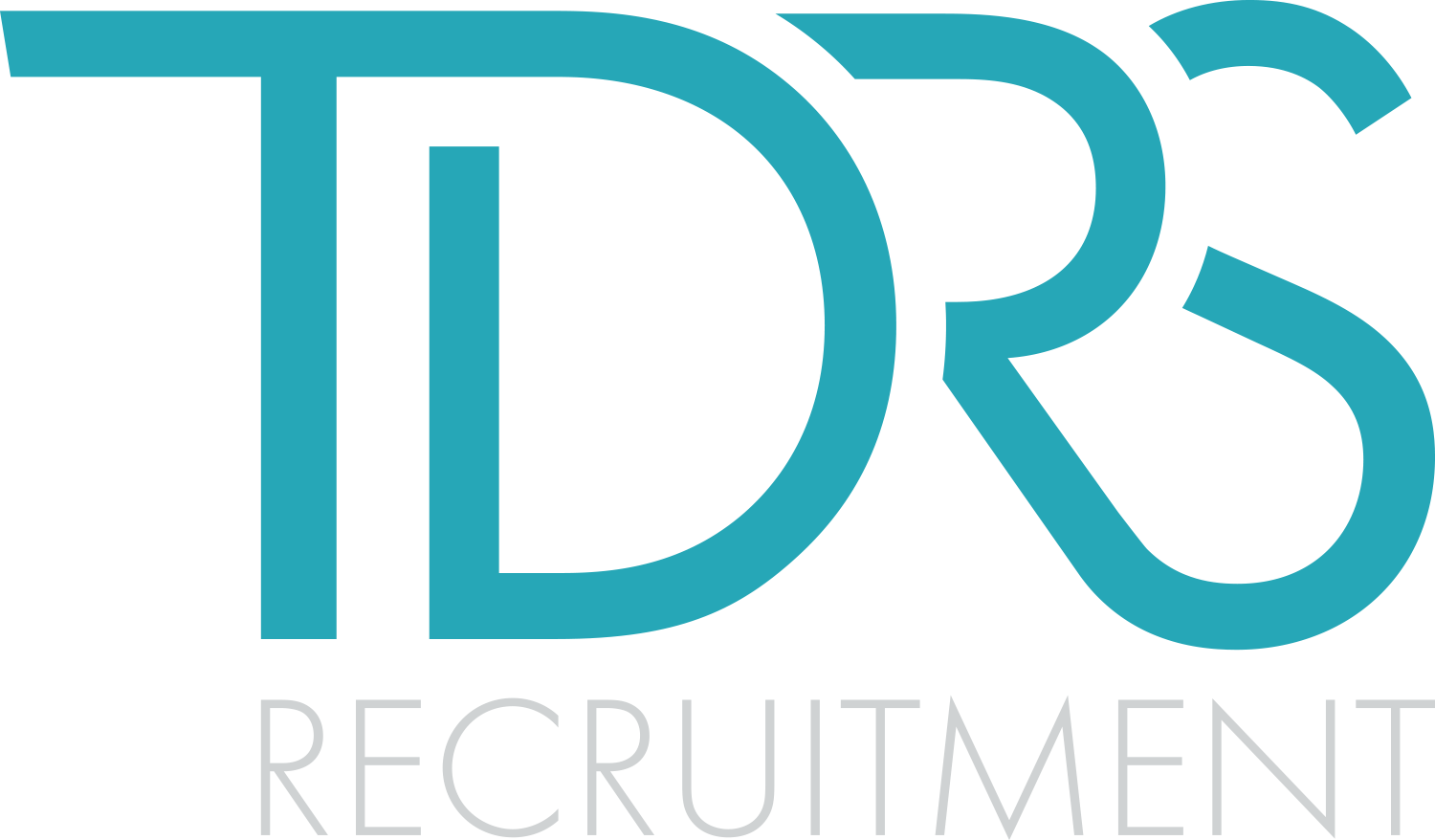NEWS
How to smash your interview

Interviewing for a role is the most nerve-wracking aspect of job searching. The good news is you submitted your CV, they liked how you came across on paper, and now they want to meet you properly to determine how you would fit the role and the company. But meeting new people can be daunting enough without your future employment riding on those first impressions!
Don't worry, we are here to help
Here we have a list of our top ten tips for making the best impression during that all-important interview.
1. Do Your Research. This is one simple area people fail in interview prep. Do your research on the company beforehand, look at their website, read the 'about us' section, familiarise yourself with the products and services they provide, look at customer reviews and check out their social media platforms. This will help you better answer questions such as 'why do you want to work with this company?' Without this research ahead of time, an employer may assume that you're not necessarily bothered about a job with them; you just want a job anywhere.
2. Arrive Ahead of Time. Arriving late for an interview sets an immediate negative tone. Arriving on time will be adequate. But arriving early will give a very positive first impression. This will also mean you have some time to sit in the foyer or waiting area to go over your CV or the job description one last time and compose yourself, settling any last-minute nerves.
3. Dress to Impress. You may not necessarily need to go out and buy a brand spanking new suit to interview in, but you will need to appear in a professional manner. By dressing smartly, you give a positive first impression before you have even opened your mouth; it shows that you care and that you have high standards.
4. 'So, Tell Me About Yourself'. This question or a variation of it is bound to come up during your interview. Often we don't like to talk ourselves up, and this question could quite easily cause you to become flustered. So prepare your answer ahead of time, being sure to touch on your skills and abilities, experiences, education and achievements you have made during your career.
5. Achievement. Ahead of your interview, think about one significant achievement you have made, either in your personal or professional life, that you are most proud of and can discuss. It is incredibly probable they will ask you to talk about an achievement you have made, so going with an answer ready thought out will save you grappling your brain to pick one to discuss in the moment.
6. Evidence of Your Skills. When reading through the job description, think about how your skill set will match up with the responsibilities of the role. Then prepare yourself with examples of those skills from your previous experience that you can discuss during the interview. Show them that you are equipped for the role already.
7. Strengths and Weaknesses. This is another question that is incredibly probable during an interview so give it some thought before you get in the room. What strengths will you highlight? Things such as adaptability, time management, technical skills, managing workload and being a self-starter are good go tos. But weaknesses can be harder to discuss. You don't want to put a potential employer off, so what do you answer? Things such as 'I find it hard to say no to people' or 'I'm not very confident talking in front of a large group' or 'I find it hard to let go of projects' are good answers, and give an example of how you are working to improve on that weakness.
8. Manage Nerves. Preparing for the inevitable nerves will help you get ahead of them to manage them. It may help you to look up breathing techniques or relaxation exercises you can do while waiting to go into the interview, so you go in calm and collected.
9. STAR. The STAR technique is a fantastic device to help you answer difficult behavioural questions. This may be a question that requires you to give an answer describing a situation where you faced conflict with a co-worker or had to work under pressure or work as a team. Using the STAR technique to shape your answer helps you break it down into four steps:
Situation - describe what you had to deal with.
Task - what needed to be done?
Action - the action taken by yourself and others.
Result - what happened as a result of the experience, and what did you learn from it?
10. Ask Questions. And finally, at the end of the interview, you are likely to be asked, 'Were there any questions you had for us?' The temptation is to say that no, you think everything was covered, but don't. Prepare three questions you would like to ask at the end. That way, if one is answered during the discussion, you will still have two left to fall back on. This will mean that you finish the interview giving the impression that you are interested in the role and the company and already keen to know more.
We hope that our top ten tips will help you approach your next interview with confidence, and we wish you absolutely every success.
If we can be of any help with any part of your job search, please contact us.
Explore
Our Location
7, Ashby House, 17 Bath St, Ashby-de-la-Zouch LE65 2FH
1317 Edgewater Dr #4081
Orlando, FL 32804
UK:
01332 479 871
US:
(786) 772-1222
Explore
Our Location
The Old Bank, Kilwardby Street,
Ashby de-la Zouch, Leicestershire
LE65 2FR
1317 Edgewater Dr #4081
Orlando, FL 32804
UK:
01332 479 871
US:
(786) 772-1222
Privacy Policy | Powered with 💛 by Shazamme
All Rights Reserved | TDRS Recruitment
